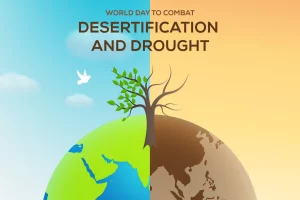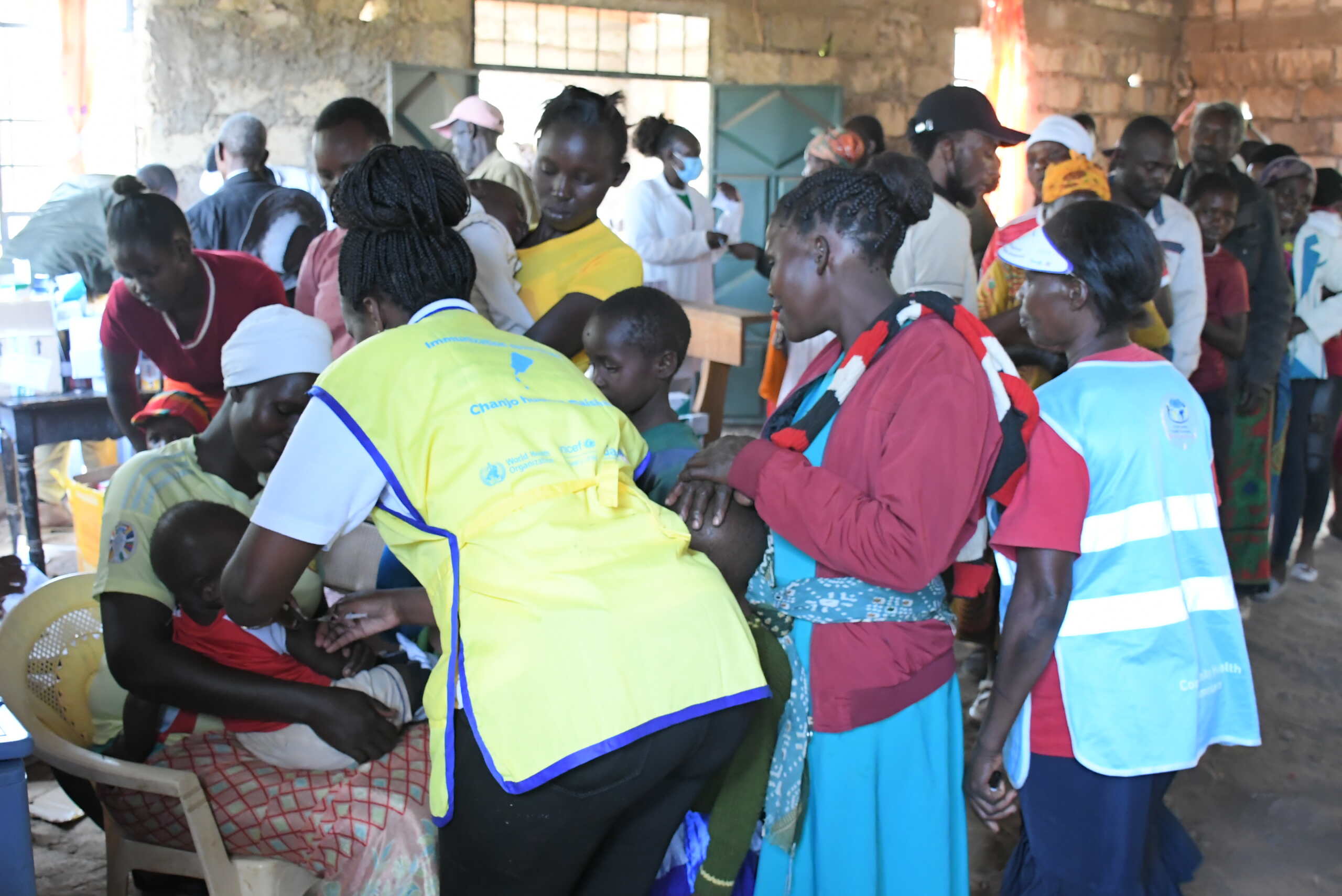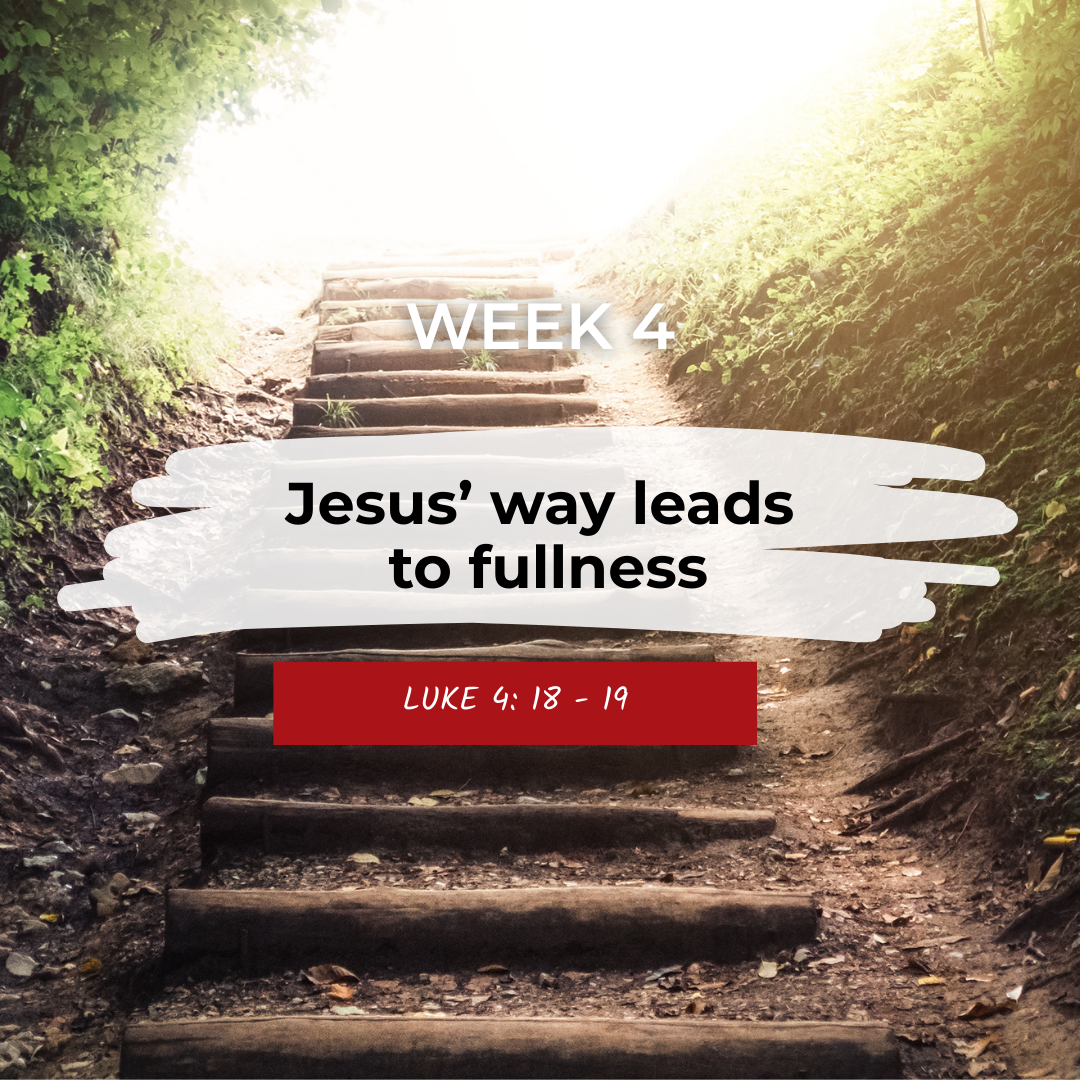World Desertification Day: Rising up from drought together in Kenya
Experiences, Stories | January 11, 2024
The theme of this year’s World Day to Combat Desertification and Drought (June 17), “rising up from drought together”, provides a chance to consider the dangers and possibilities of human activity on balance between land, food, and water.
At CBM, it also allows us to think about how inclusion for people with disabilities fits into that theme.
In Kenya, where CBM supports programs designed to break the cycle of poverty and disability, three years of drought has caused a 70 per cent drop in food production. Not only has it dried up over 90 per cent of the open water sources in Kenya’s arid and semi-arid lands, but it has also threatened over three million people with hunger.
In Tharaka-Nithi and Meru counties, where CBM programs are located, the drought severely impacts thousands of households. Among these families, none are more vulnerable than those that include a person with a disability.

While the government of Kenya declared a national emergency in September 2021, releasing US $17.7 million for water, food, animal feed, and other emergency aid, there was no accommodation for people with disabilities and their families who may need to travel for days to an aid distribution point – if they even have access to information about such resources.
“Those who can move have already left for places with water and food. It is us who cannot move that have remained,” said one community member.
For a parent carrying a child with a disability, obtaining relief can be an unimaginable struggle. For an adult with a disability, it may mean being entirely excluded.
CBM has identified three priority areas to address the combined impact of drought, desertification, and disability.
1. Inclusion: The famous phrase, developed by the disability rights movement, “nothing about us without us” is fundamental to effectively providing for the needs of individuals, families, and communities.
2. Access: In Meru, the head of a CBM project describes how a woman was brought to a meeting on a motorbike, put down by the driver and had to crawl from the bike. Some people helped carry her, but many people with disabilities might not have her extraordinary courage. This points to the desperate need for accessible infrastructure and assistive devices such as wheelchairs, hearing and communication aids, glasses, and prostheses for getting to markets, aid distribution points, health services, and schools.
3. Water: Since the beginning of the drought, the price of a jerrycan of water has risen tenfold. CBM is consulting with organisations of people with disabilities on improved water collection and storage, as well as the specific impacts of the drought and water scarcity on the dignity, health, and hygiene of people with disabilities.
Households make tough decisions each day, choosing what to prioritise with their limited cash. CBM will support vulnerable families with cash so they will not have to make the impossible choice between buying food, water, medication or school fees and provide the necessary path to recovery when the drought ends.
Author: Anthony Marcus
https://www.cbm.org.au/stories/world-desertification-day-rising-up-from-drought-together-in-kenya
Related Stories

Coordinating inclusive health outreach in Meru County
For many households in Meru’s rural and remote areas, basic health services are physically...

Share your advocacy preferences with us
Thank you for helping us to advocate for the one billion people with disability globally. CBM Australia advocate across...

Advent 2025: Jesus’ way leads to fullness
The way of Jesus gives people freedom and empowers them to live out their God-given purpose. The last few weeks...
